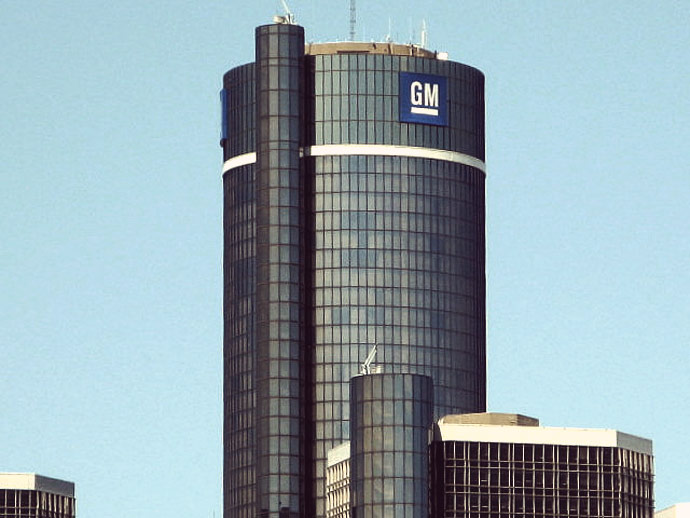Treasury To Sell Remaining Stake In GM By End Of Year

Image via Flickr/ Andrea_44
The U.S. government will finally complete its bailout plan for General Motors (NYSE:GM) by the end of this year, when it expects to have sold all of its remaining stocks in the company.
The Treasury said it just sold 70.2 million of its shares in the automaker and is now looking to sell its remaining 31.1 million shares, which represent a 2.2 percent stake in the “too big to fail” company.
Although taxpayers will see an overall loss, officials stand by government actions, stating the bailout was necessary in order to save the economy from further damage and a deeper recession.
How Far We’ve Come
The government initially acquired 61 percent ownership of GM – represented by 912 million shares – when the company faced bankruptcy in 2009. In exchange, GM received $49.5 billion in loans to keep afloat.
At the same time, the company reorganized internally and halted public trading of its stocks.
Tim Bowler, Treasury Deputy Assistant Secretary, said recently, “Had we not acted to support the automotive industry, the cost to the country would have been substantial—in terms of lost jobs, lost tax revenue, reduced economic production, and other consequences.”
GM reopened public trading in November 2010, and the Treasury has since sold the majority of its shares, albeit at a loss. The government has managed to recoup only $38.4 billion of its initial loan to date. The remaining shares are expected to bring in an additional $1.2 billion, leaving the final bailout cost around $10 billion for taxpayers.
Still, that loss isn’t nearly as bad as it could be. As of Wednesday’s closing, GM share prices were up 30.7 percent since the beginning of 2013.
In fact, the better-than-expected stock performance this year has allowed the government to unload shares faster than expected. Treasury officials believe that as long as average daily trading volume stays relatively stable, the government will be free of shares by the end of this year rather than sometime in 2014. “However, that schedule remains subject to market conditions,” according to a statement released by the Treasury.
Government officials say they expected a loss, and that the benefits to the country far outweigh the $10 billion price tag. “Our actions have enabled the industry to rebound,” Bowler said. “All three American automakers are now profitable, and more than 340,000 new auto jobs have been created since GM and Chrysler emerged from bankruptcy in 2009.”
Bowler’s implication here is that bailout actions prevented at least $10 billion worth of damage to the U.S. economy, a claim that is sure to be debated.
Disclosure: Author represents that she has no position in any stocks mentioned in this article at the time this article was submitted.









































